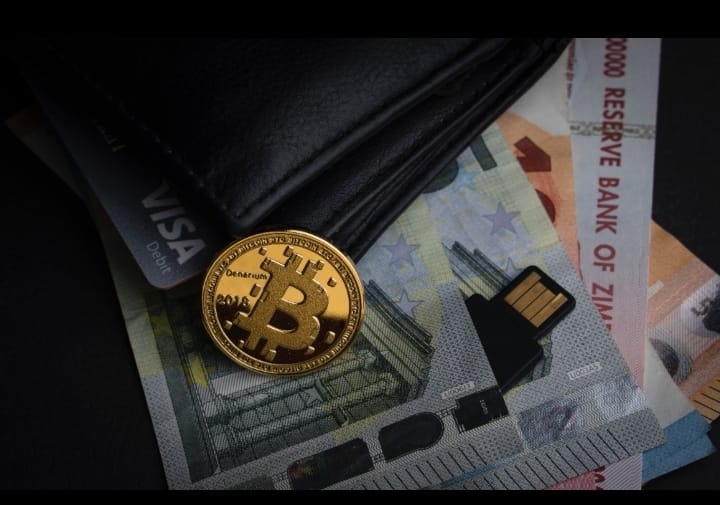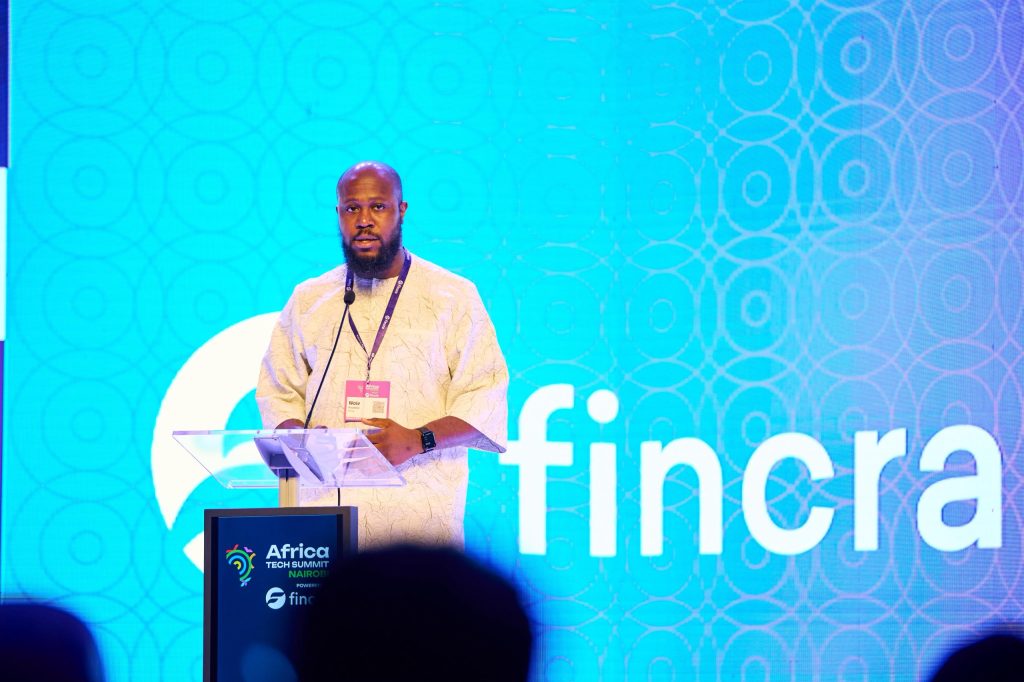
December 5th 2021
The Next Wave provides a futuristic analysis of BizTech and innovation in Africa. Subscribe here to get it directly in your inbox on Sundays at 3 PM (WAT).
There are 1.7 million Nigerians living outside Nigeria, according to the United Nations Department of Economic and Social Affairs’ (DESA) most recent estimate. Often, these diasporans need to send money home to take care of their family and loved ones left behind. But what happens when they do so at the risk of having their accounts blocked or the transaction taking weeks, or even months, to complete?
Only last week, Justin Norman, founder of The Flip, a podcast that provides insights from successful entrepreneurs, tweeted about his account being deleted by global fintech, WorldRemit, when he made a payment with his US card to his contractor’s MoMo account in Ghana while Norman was in South Africa. Unsurprisingly, a lot of people could relate to his plight. The problem even hit close to home, with our Managing Editor, Koromone, revealing that her account was closed because she sent money from her USD account in the US to her USD domiciliary account in Nigeria.
The reason for these blocks comes down to the anti-money laundering compliance process of global banks and fintechs. Any transaction above $10,000 coming to Nigeria is flagged and the “offending” account blocked without further communication with the sender, Olaoluwa Samuel-Biyi, CEO of SureRemit Group, told Stears Business last month.
In this edition of Next Wave, we explore how cryptocurrency can help solve the problems Nigerians face when trying to move money across the continent’s borders.
Partner Message

Welcome millions of new customers from across the world by accepting payments for your business by accepting Discover Global Network cards on Flutterwave.
Create a Flutterwave account for FREE here.
More Nigerians are choosing crypto for remittance
Remittance is a big deal for Nigerians living in Nigeria. Over the last six years, Nigerians in the diaspora have sent an estimated $96.5 billion to the country. In 2018 alone, Nigeria’s diaspora remittances were estimated at $25.08 billion, making it the second-largest source of foreign exchange for the country’s government.
But since then, the official volume of diaspora remittance channels has reduced, with many people now sending money through the black market and crypto. Nigeria attracted about $16.9 billion in foreign remittance last year, a significant drop from the $23.4 billion of 2019. In the first quarter of this year, foreign remittance fell by 24% and the country attracted $4.2 billion compared to the $5.6 billion reported in the same period last year.

One reason given for this drop in remittance is the increase in crypto adoption in Nigeria—and Africa, overall. Chainalysis estimates that African countries collectively received around $105.6 billion worth of cryptocurrency between July 2020 and June 2021. It’s not hard to imagine that much of this figure must represent Africans using crypto plays as an alternative remittance option.

Crypto to the rescue
A few days ago, my colleague, Damilare, shared with me his experience sending money from Nigeria. Damilare had applied to a postgraduate programme in Poland and needed to pay his tuition, but like many Africans who try to move money across borders, he encountered various roadblocks. He felt that the process of the traditional banking system might be tedious, so he didn’t bother making the transaction through a bank. Instead, he went through an informal route. He sent his tuition to the naira account of a friend, a student in Poland. This friend then sought out people who were interested in buying naira in Poland. He was successful, but the rate at which he sold the currency resulted in a loss that saw Damilare lose over 15% of the value of the money he initially sent.
The entire process of sending the money, changing it to the Polish złoty, and finally paying his tuition took over a week.
But that wasn’t the end of Damilare’s hassles. When he decided he wasn’t going to resume at the school after all and demanded a refund, he decided against receiving the money through the traditional banking system. The refund had to be sent to his friend’s euro account. But, this time, Damilare asked his friend to convert the money to USDT, a popular crypto token tethered to the US dollar. Using the crypto exchange app, Binance, Damilare’s friend was able to send him his money in crypto in less than three minutes.
Partner Message

Technext is holding a physical conference on crypto’s place in the future of finance on the 9th of December, 2021. To register, click here.
Have a great week
Thank you for reading the Next Wave. Please share today’s edition with your network on WhatsApp, Telegram and other platforms, and reply to this email to let us know what we can be better at.
Subscribe to our TC Daily Newsletter to receive all the technology and business stories you need each weekday at 7 AM (WAT).
Follow TechCabal on Twitter, Instagram, Facebook, and LinkedIn to stay engaged in our real-time conversations on tech and innovation in Africa.
Sultan Quadri, Staff Writer, TechCabal.



















